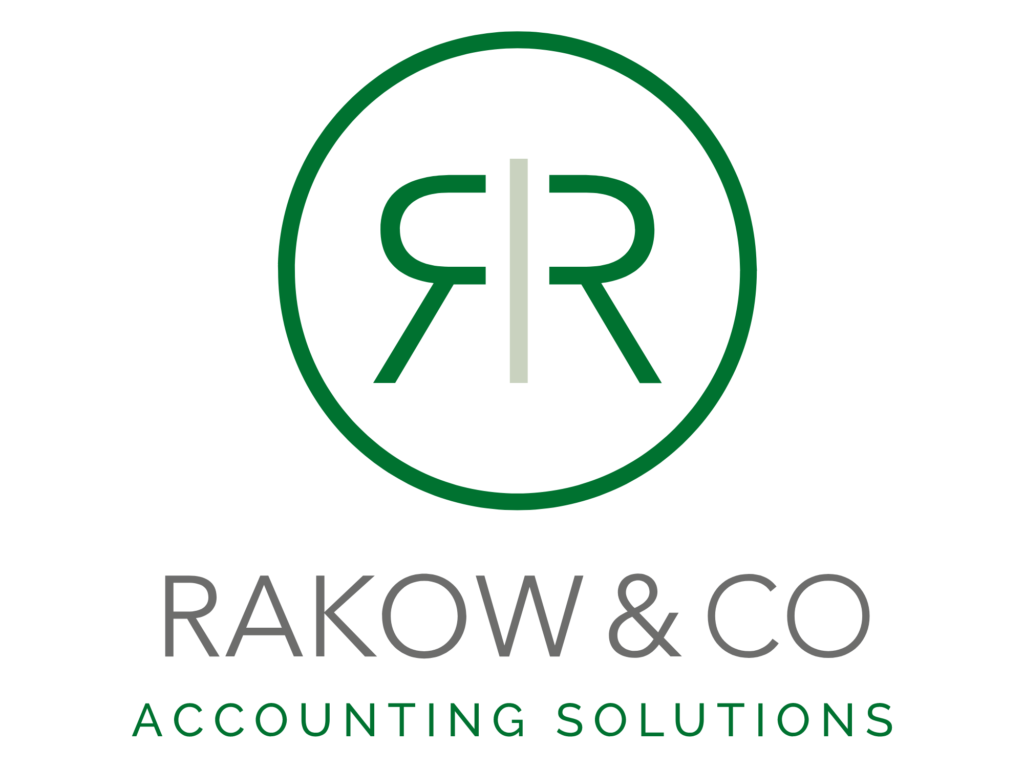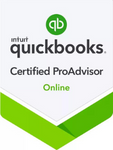Running a business in New Jersey (NJ) presents a unique blend of opportunities and challenges. NJ’s strategic position, broad economy, and lively market attract business owners. However, strict governmental restrictions, significant operating expenses, and intense competition make corporate operations here more complicated. These issues make professional accounting services essential for corporate success and sustainability.
No matter how big or small your business is, you need someone who can do bookkeeping in NJ. These services help you assess your company’s finances, make decisions, and stay compliant. This blog will cover NJ business bookkeeping and accounting. We will discuss their relevance, state requirements, and how our specialist bookkeeping services in NJ manage these functions.
Understanding Bookkeeping In NJ
Business bookkeeping in NJ involves organizing, storing, and retrieving financial transactions. It involves tracking all money that comes into and goes out of your business. This includes sales, purchases, receipts, and payments. The main purpose of bookkeeping is to accurately record all financial transactions in the company’s financial records.
Business operations depend on bookkeeping to coordinate financial transactions. This allows the organization to create accurate financial accounts, comply with laws and regulations, and make educated choices based on current financial information.
Specific Laws And Regulations Related To Bookkeeping In NJ
Businesses in NJ must follow federal and state bookkeeping laws. These rules guarantee financial reporting transparency, accuracy, and accountability. Some key aspects include:
- Tax Compliance: Businesses in NJ must comply with state-specific tax codes and regulations. This includes maintaining accurate records for state sales tax, payroll taxes, and corporate income tax.
- Record Retention: NJ law requires that businesses keep financial records for a minimum of seven years. This includes ledgers, journals, financial statements, and other relevant documents.
- Regulatory Filings: Businesses must regularly file various financial reports with state authorities, such as the NJ Division of Revenue and Enterprise Services. Accurate bookkeeping guarantees that these reports are correct and submitted on time.
- Audit Requirements: Accurate and up-to-date bookkeeping is crucial in the event of an audit by state tax authorities or other regulatory bodies. Proper records can prevent penalties and ensure compliance.
Benefits Of Maintaining Accurate And Up-to-Date Books
Maintaining accurate and up-to-date books offers many advantages:
- Improved Financial Management: Accurate bookkeeping in NJ provides a clear picture of your financial status, helping you manage cash flow, track expenses, and plan for future investments.
- Regulatory Compliance: Keeping detailed and accurate records guarantees compliance with state and federal regulations, reducing the risk of legal issues and fines.
- Informed Decision-Making: Up-to-date financial records allows you to make informed decisions based on real-time data, improving strategic planning and operational efficiency.
- Ease of Financing: Lenders and investors often require detailed financial records when considering financing options. Well-maintained books can facilitate access to capital and investment opportunities.
- Tax Preparation: Accurate bookkeeping simplifies the tax preparation process, ensuring that all deductions and credits are accurately reported, potentially reducing tax liability.
The Role Of Accounting In NJ Businesses
While bookkeeping involves the recording of financial transactions, accounting covers a wider range of tasks. Accounting is the process of summarizing, analyzing, and reporting financial transactions recorded during the bookkeeping phase. It involves preparing financial statements, like the balance sheet, income statement, and cash flow statement, which show the overall financial health of the business.
Specific Accounting Requirements For Businesses In NJ
In New Jersey, businesses must follow certain financial rules and standards, such as
- Generally Accepted Accounting Principles (GAAP): NJ businesses must follow GAAP, which provides a framework for financial accounting and reporting. GAAP ensures consistency, reliability, and comparability of financial statements.
- State Tax Codes: Understanding and applying NJ state tax codes is crucial for accurate financial reporting and tax compliance. This includes knowledge of state-specific deductions, credits, and tax rates.
- Financial Reporting: NJ businesses are required to prepare and submit various financial reports to state authorities. This includes annual reports, sales tax returns, and corporate income tax filings.
- Payroll Accounting: Businesses must accurately account for employee wages, benefits, and payroll taxes, adhering to state and federal labor laws.
How Accounting Helps With Decision-Making And Financial Planning
Accounting plays a crucial role in successful financial planning and decision-making for several reasons:
- Budgeting and Forecasting: Accounting provides the data needed to create realistic budgets and financial forecasts. This helps you plan for future expenses, manage cash flow, and allocate resources effectively.
- Performance Analysis: By analyzing financial statements, businesses can assess their performance, identify trends, and pinpoint areas for improvement. This allows for better strategic planning and operational adjustments.
- Investment Decisions: Accounting data helps you evaluate the profitability of potential investments, ensuring that resources are allocated to projects with the highest returns.
- Risk Management: Accounting helps you to identify financial risks and implement strategies to mitigate them, protecting the company’s financial stability.
- Compliance and Reporting: Accurate accounting ensures that your business meets regulatory requirements and avoids penalties, improving credibility and trust with stakeholders.
Unique Challenges For NJ Businesses
New Jersey, despite its strategic location and diverse economy, presents unique challenges for businesses. The state’s complex tax structure, including corporate income, sales, and property taxes, and high real estate prices, labor costs, and regulatory compliance expenses make operating a business in NJ more expensive than other states. You may struggle to understand and comply with state rules and laws, which can be time-consuming and costly. Reputable bookkeeping in NJ can help businesses manage these issues by maintaining accurate financial records and adhering to accounting principles. Good bookkeeping can also help businesses identify areas for cost reduction and efficiency improvement, such as negotiating better supplier rates or streamlining operations. Accurate financial records can also lead to tax credits and refunds, reducing the total tax burden.

How Our Services Can Assist NJ Businesses
At Rakow & Co we understand the unique challenges that businesses in New Jersey face. That’s why we offer tailored bookkeeping and accounting services designed specifically for businesses operating in the Garden State.
Our team of experienced professionals has a deep understanding of the state’s laws and regulations, ensuring that your financial records are maintained in compliance with all relevant requirements. We stay up-to-date with the latest changes and updates, so you can focus on running your business while we handle the complexities of bookkeeping in NJ.
Our bookkeeping services include:
- Transaction recording and reconciliation
- Accounts payable and receivable management
- Payroll processing
- Bank and credit card statement reconciliation
- Financial report preparation
Our accounting services include:
- Financial statement preparation (income statements, balance sheets, cash flow statements)
- Tax planning and preparation
- Budget analysis and forecasting
- Business valuation
- Audit support
Proper bookkeeping and accounting services are crucial for success in New Jersey business operations. By maintaining accurate financial records and adhering to accounting principles, businesses can ensure compliance with regulations, make informed decisions, and identify growth opportunities. Outsourcing these needs to us can help overcome challenges and provide tailored solutions. Investing in these services ensures the peace of mind that comes with knowing your financial records are in capable hands.
Contact us to learn more about how we can help your business navigate New Jersey’s complexities.
FAQs
What specific laws and regulations relate to bookkeeping in NJ?
NJ requires businesses to comply with state-specific tax codes, maintain records for seven years, and regularly file financial reports.
What are the benefits of maintaining accurate and up-to-date books?
Accurate bookkeeping improves financial management, ensures regulatory compliance, facilitates informed decision-making, and eases tax preparation.
What are the specific accounting requirements for NJ businesses?
NJ businesses must follow GAAP, understand state tax codes, prepare financial reports, and manage payroll accurately.
Do you offer customized solutions for different business needs?
Yes, we understand each business is unique and provide personalized solutions.
How can your services help my business in NJ?
We take care of the financial complexities, allowing you to focus on running and growing your business.
How can I get started with your services?
Contact us to discuss your needs and learn more about our bookkeeping in NJ services.








